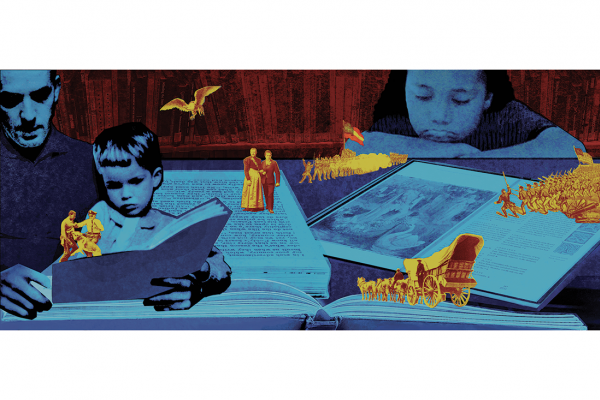BLACK HISTORY MONTH traces back to Carter G. Woodson and the Association for the Study of Negro Life and History, which established the second week of February to be “Negro History Week” as a counterbalance to the erasure of Black contributions to U.S. history. Black educators and students at Kent State University created the first Black History Month celebration in 1970, and President Gerald Ford recognized it in 1976, the year I was born. While Black history deserves attention every month, the past few years have provided plenty of evidence for why this month of particular emphasis is still needed. God reminds us in many ways of the dangers of forgetting our history, including the command, “Remember your history, your long and rich history” (Isaiah 46:9, MSG).
As the father of two young Black boys, I spend a lot of time thinking about the role of education in shaping our nation’s future. What our kids learn about the nation and the world from their parents, teachers, and peers profoundly shapes their worldview. That in turn deeply affects the direction our society takes as today’s children become tomorrow’s leaders, activists, and voters. It’s no wonder that education has served as a political battleground at many times throughout our nation’s history — from the Scopes trial over the teaching of evolution to the battles over racial integration in the wake of Brown v. Board of Education.
Read the Full Article

